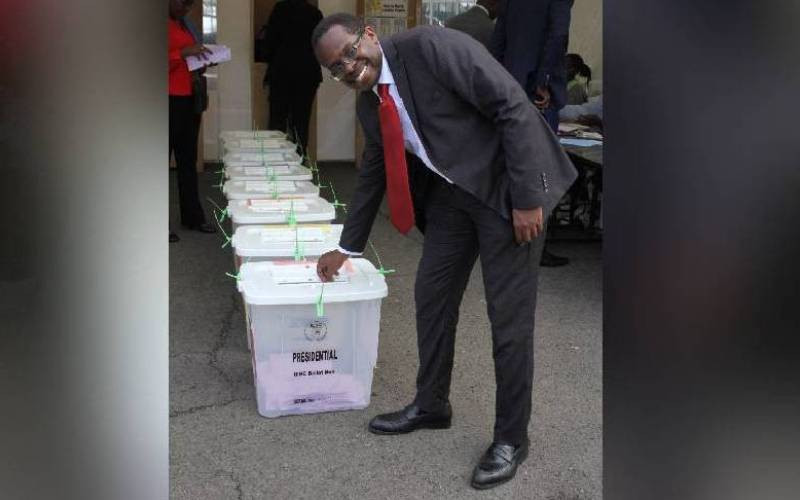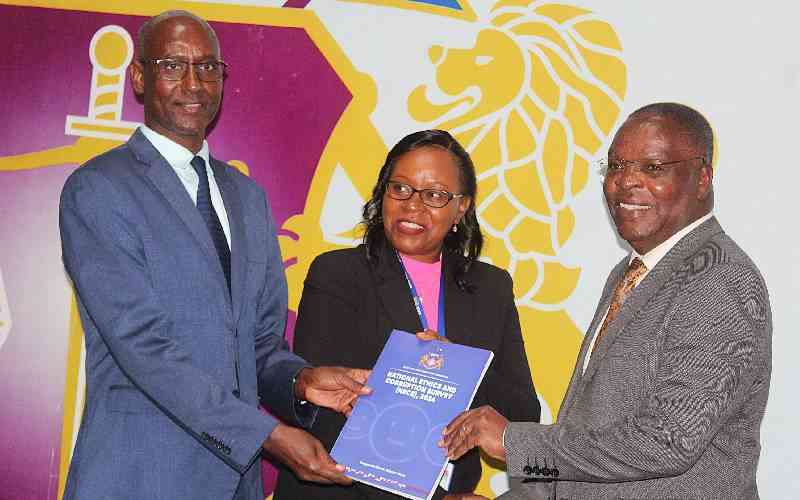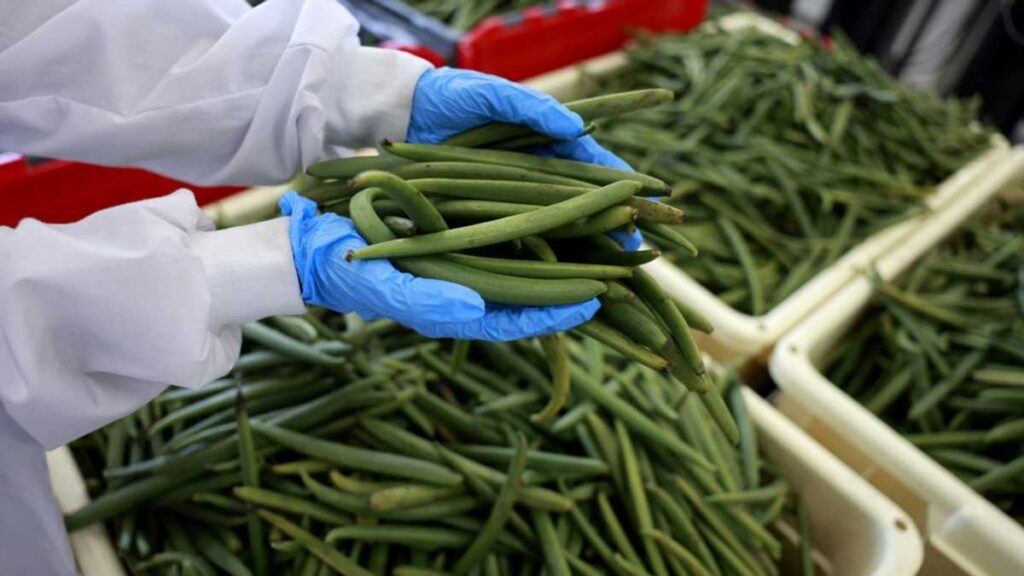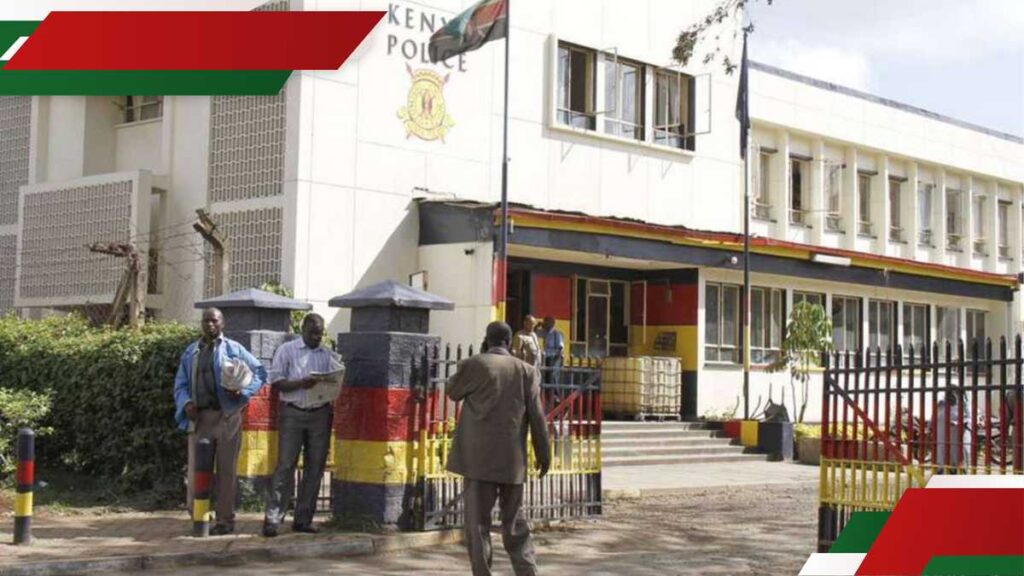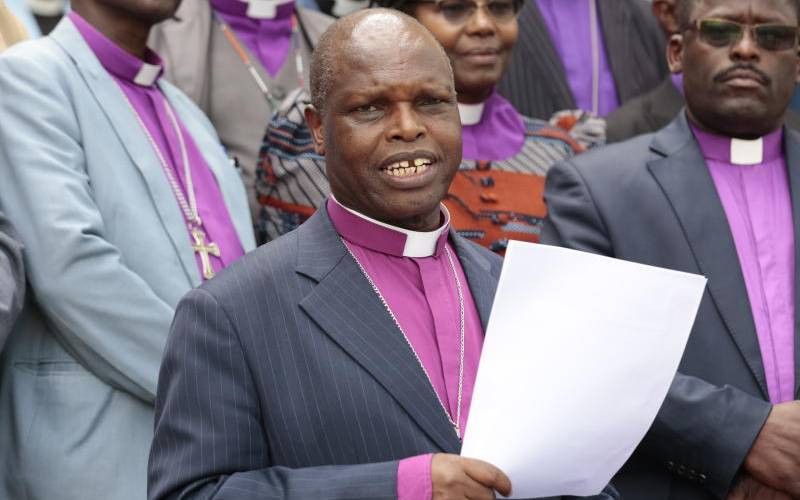Kenyans are increasingly struggling to access public services, often forced to pay even for essential services such as healthcare, a new report reveals.
The findings place the police, immigration offices and civil registration agencies at the centre of Kenya’s thriving bribery economy, where citizens are routinely forced to pay to obtain basic services.
From birth certificates to police protection, Kenyans are often cornered into paying bribes, with the average payment now pegged at Sh5,000, according to the latest report by the Ethics and Anti-Corruption Commission (EACC).
The 2024 National Ethics and Corruption Survey, released in August 2025, is based on interviews with 5,960 households conducted between November 6 and December 1, last year. The report reveals that bribery is now deeply entrenched in the delivery of government services.
Employment at the county level tops the shame list, with job seekers reportedly paying as much as Sh243,651 in bribes to secure a position.
Getting hired by the Teachers Service Commission can cost up to Sh72,665, while winning a government tender may require a bribe of around Sh100,000.
The report also reveals that over 83 per cent of Kenyans believe the country is losing the war on corruption, despite a notable drop in the average bribe, from Sh11,625 in 2023 to Sh4,878 in 2024.
EACC Chairman Dr David Oginde attributed the drop to widespread financial hardship.
“Citizens don’t have enough money, or people asking for bribes are more desperate,” Oginde said on Tuesday, while launching the report in Nairobi.
The Ministry of Interior, the Ministry of Health and the National Treasury were flagged as hotbeds of unethical behaviour, including favouritism, tribalism, nepotism and outright theft of public funds.
County governments, however, emerged as the single largest contributors to Kenya’s bribery burden, accounting for nearly 31 per cent of all reported bribes.
Uasin Gishu, Baringo, Embu, Homa Bay, Bomet and Kakamega counties topped the corruption charts, with Uasin Gishu alone accounting for 11.12 per cent of all bribes paid nationwide. In some counties, including Elgeyo Marakwet, Marsabit, and Wajir, every respondent who sought a public service admitted to paying a bribe, pointing to a deeply institutionalised culture of extortion.
Despite widespread corruption, a staggering 97.2 per cent of victims never report it, citing fear of retaliation, apathy, or lack of trust in authorities. Only 2.8 per cent of those affected came forward to report wrongdoing.
The report reveals that in many public institutions, bribery often delivers results faster than official procedures.
Stay informed. Subscribe to our newsletter
At Nanyuki Water and Sewerage Company, for instance, paying a bribe doubled the chances of receiving a service, a trend echoed in Kakamega, Baringo and Meru counties.
Kenya Wildlife Service took the largest share nationally, absorbing over 35 per cent of bribes, with payments averaging Sh200,000.
The NSSF and National Treasury’s Pensions Department followed, with average bribes of Sh47,129 and Sh40,000.
By ministry, the National Treasury ranked third most corrupt (5.8per cent), after Lands (4.7) and Education (4.1). Police topped the list of corrupt civil servants at 27.6 per cent, followed by KRA officers (17.3) and Chiefs (16.2).
Teachers, journalists, and university lecturers were among the least implicated.
Oginde urged a shift toward innovation and self-employment, while CEO Abdi Mohamud called for greater public awareness to monitor government services.
“Our system should not be geared towards job-seeking but towards innovation, entrepreneurship and self-employment,” he said.





